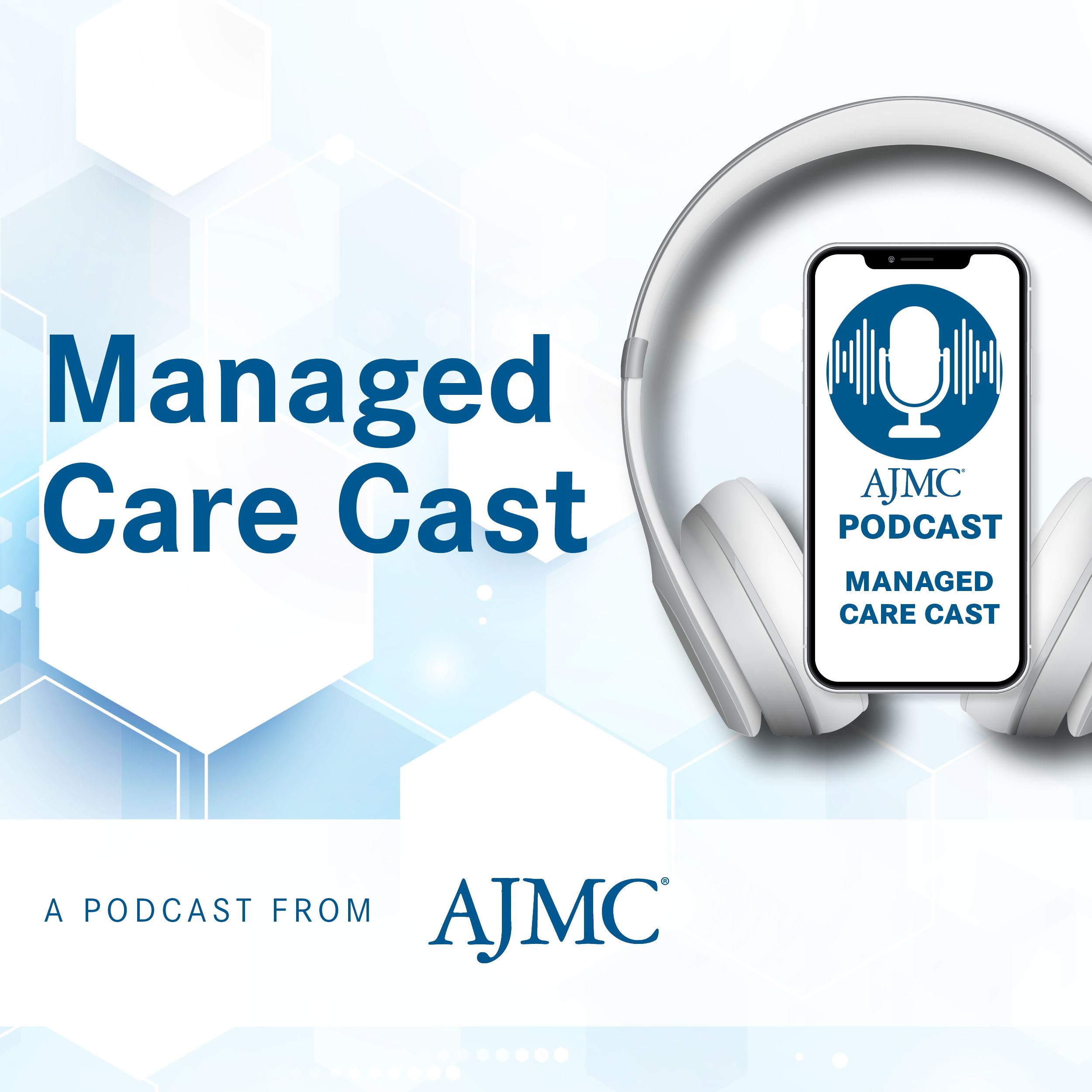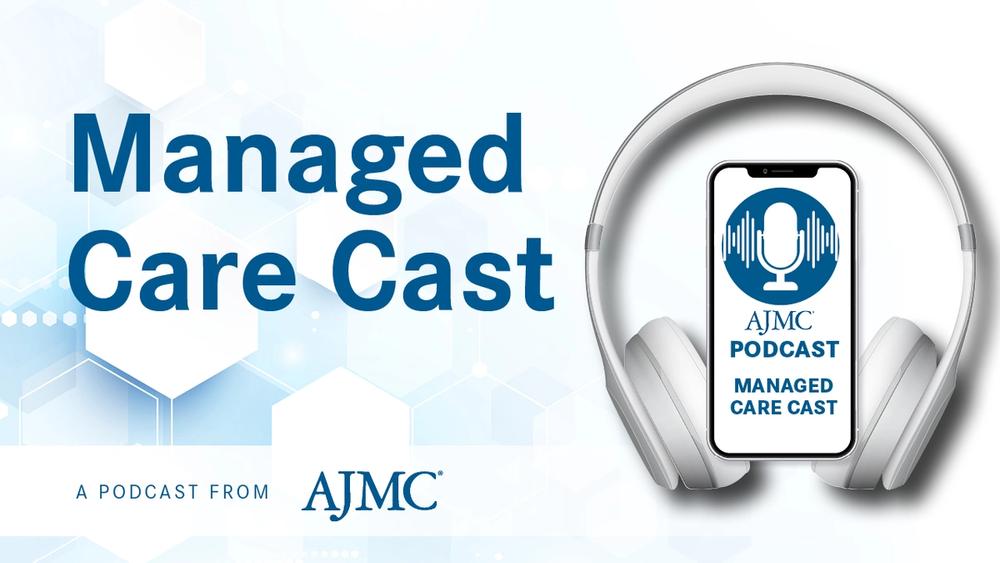News
Article
What We’re Reading: Medical Emergency Law in Abortion Cases; Cyberattack Prompts Congressional Hearing; Bird Flu Updates
Author(s):
Moyle v United States centers on whether emergency medical law supersedes state abortion laws; Change Healthcare’s CEO will testify regarding the cyberattack’s impact; public health officials warn of potential threat as bird flu virus spreads in mammals.
Supreme Court to Weigh EMTALA's Reach in Abortion Cases
The US Supreme Court will hear arguments this week in Moyle v United States regarding whether states can enforce stricter abortion laws despite the requirement under the Emergency Medical Treatment and Labor Act (EMTALA) to provide stabilizing care, according to Slate. EMTALA is a federal law that requires stabilizing care for all patients in emergency departments, including abortion care. Emergency care specialists have emphasized the importance of timely interventions to prevent life-threatening emergencies and challenge the idea of prioritizing fetal life over maternal well-being within the context of EMTALA's requirements.
Change Healthcare Cyberattack Prompts Congressional Hearing
Amid the fallout from the recent cyberattack on Change Healthcare, which disrupted payments to health care facilities nationwide for a month, parent company UnitedHealthcare's CEO Andrew Witty will testify before a US House subcommittee on May 1, according to Reuters. The company reported that the attack has already cost it $870 million and that leaders expect the final expense to total at least $1 billion this year, Kaiser Health News reports. Despite UnitedHealth's efforts to restore services, providers remain burdened by the disruption, with some resorting to loans to cover expenses.
WHO Expresses Concern Over Bird Flu Outbreak
The recent outbreak of bird flu, particularly the Type A H5N1 strain, is of “great concern” as the virus spreads to mammals, including cattle and humans, said Jeremy Farrar, MBBS, chief scientist at the World Health Organization, according to USA Today. While the risk of human-to-human transmission remains low, experts warned of the potential for a pandemic if the virus mutates. Vaccine development efforts are underway, but challenges persist, and public health officials have called for improved diagnostic capabilities and rapid response strategies.
Newsletter
Stay ahead of policy, cost, and value—subscribe to AJMC for expert insights at the intersection of clinical care and health economics.





